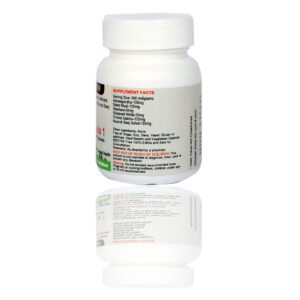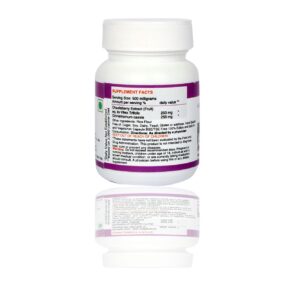This is a group of tests and health factors that have been proven to indicate your chance of having a cardiovascular event such as a heart attack or stroke. They have been refined to indicate the degree of risk: borderline, intermediate, or high risk.
LIPOPROTEIN (A) [LP(A)]
Determination of LP(a) may be useful to guide management of individuals with a family history of CHD or with existing disease. the levels of LP(a) in the blood depends on genetic factors; the range of variation in a population is relatively large and hence for diagnostic purpose, results should always be assessed in conjunction with the patient’s medical history, clinical examination and other findings.
HIGH SENSITIVITY C-REACTIVE PROTEIN (HS-CRP)
HS-CRP measurements may be used as an independent risk marker for the identification of individuals at risk for future cardiovascular disease. elevated CRP values may be indicative of prognosis of individuals with acute coronary syndromes, and may be useful in the management of such individuals.
APOLIPOPROTEIN
To determine whether or not you have an adequate level of apo A-I, especially if you have a low level of high-density lipoprotein (HDL-C), and to help determine your risk of developing cardiovascular disease (CVD
To help evaluate your risk of developing cardiovascular disease (CVD); sometimes to help monitor treatment for high cholesterol or to help diagnose a rare inherited apolipoprotein B (apo B) deficiency









